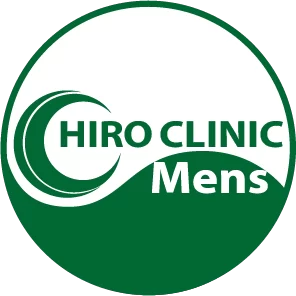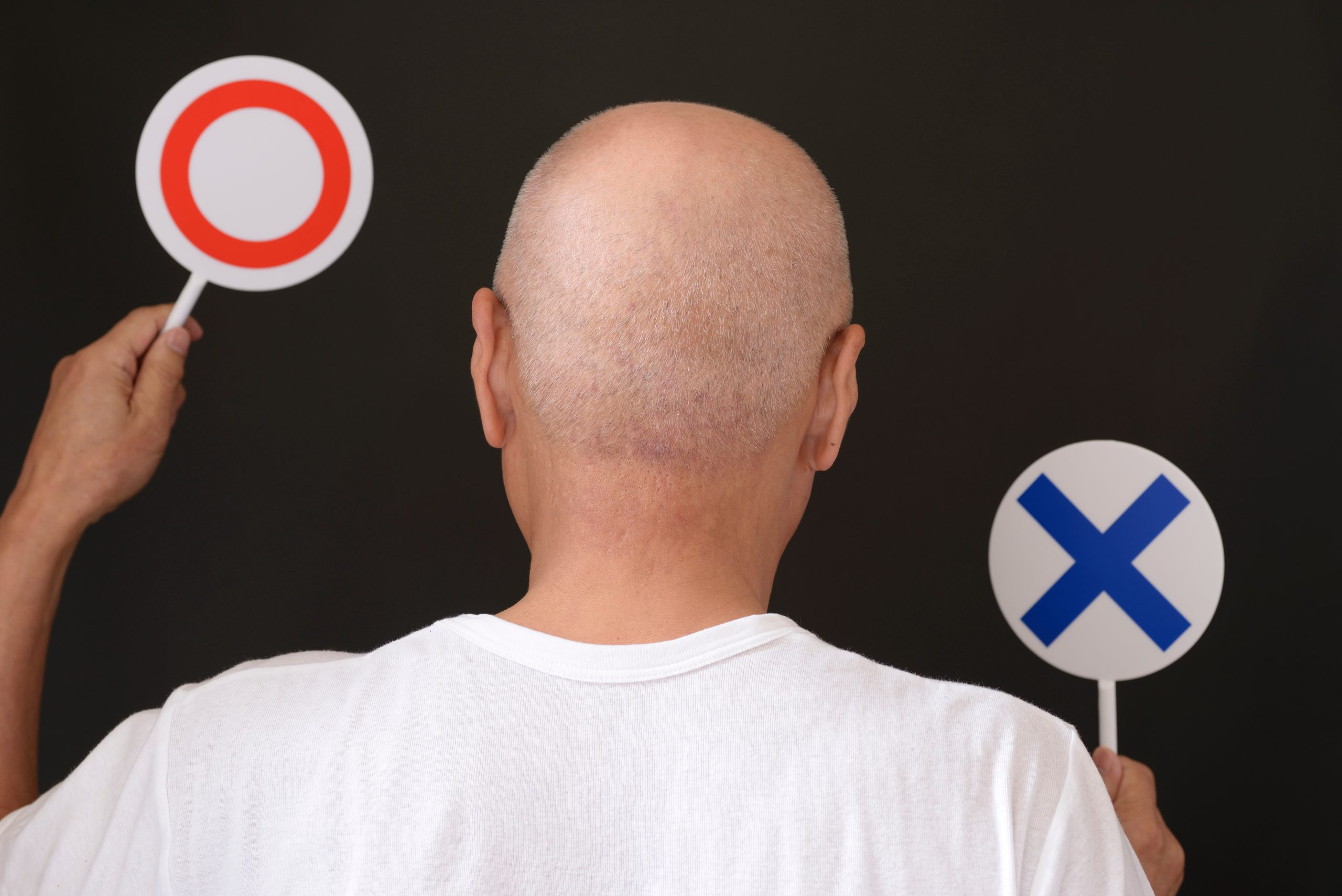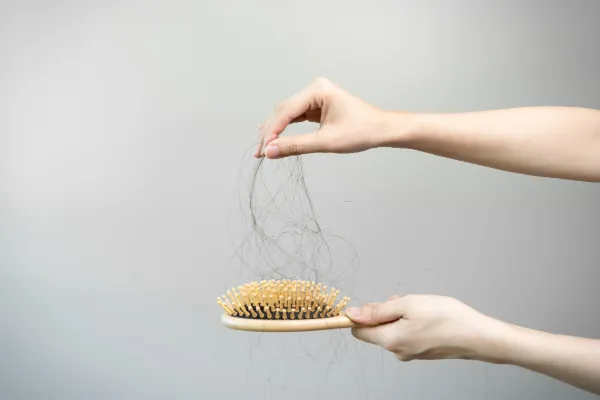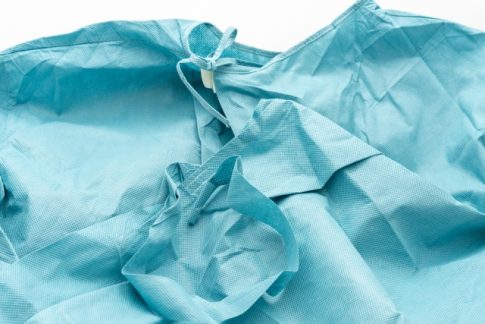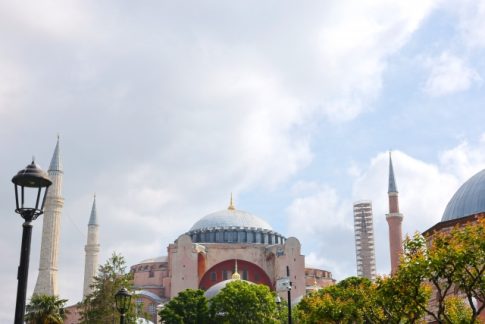この記事の概要
Hair transplant surgery is an effective treatment for people suffering from thinning or balding hair, but post-operative care is extremely important. Without proper care, the transplanted hair may not grow back as well as expected. Below we detail some important contraindications that should be avoided after hair transplant surgery.
1. Direct pressure or friction
Reasons to avoid it
Transplanted hair is very delicate and must be handled with special care during the first few days after surgery. Direct pressure and friction can damage the transplant site and prevent hair survival.
Taboos
Wearing a hat or helmet: Avoid wearing a hat or helmet immediately after surgery. This puts pressure on the scalp and can damage the transplant site.
Sleeping position: For the first few days, sleep with your head elevated to reduce pressure on the transplant site. Try to sleep on your back as much as possible.
Touching the head: Avoid touching the transplant site. Touching the scalp itself can be damaging, especially in the first few days after surgery.
2. Strenuous exercise or physical activity
Reasons to avoid it
Strenuous exercise and physical activity can increase blood pressure and increase blood flow to the scalp, which can cause bleeding and swelling. Also, sweating increases the risk of infection.
Taboos
Exercise: Avoid strenuous exercise for 1 to 2 weeks after surgery. In particular, you should avoid activities that put stress on your scalp, such as jogging and weight lifting.
Lifting heavy objects: Avoid lifting heavy objects as this can also increase your blood pressure.
Saunas and hot baths: Activities in high-temperature environments should be avoided, as saunas and hot baths increase blood circulation and increase the risk of bleeding and swelling.
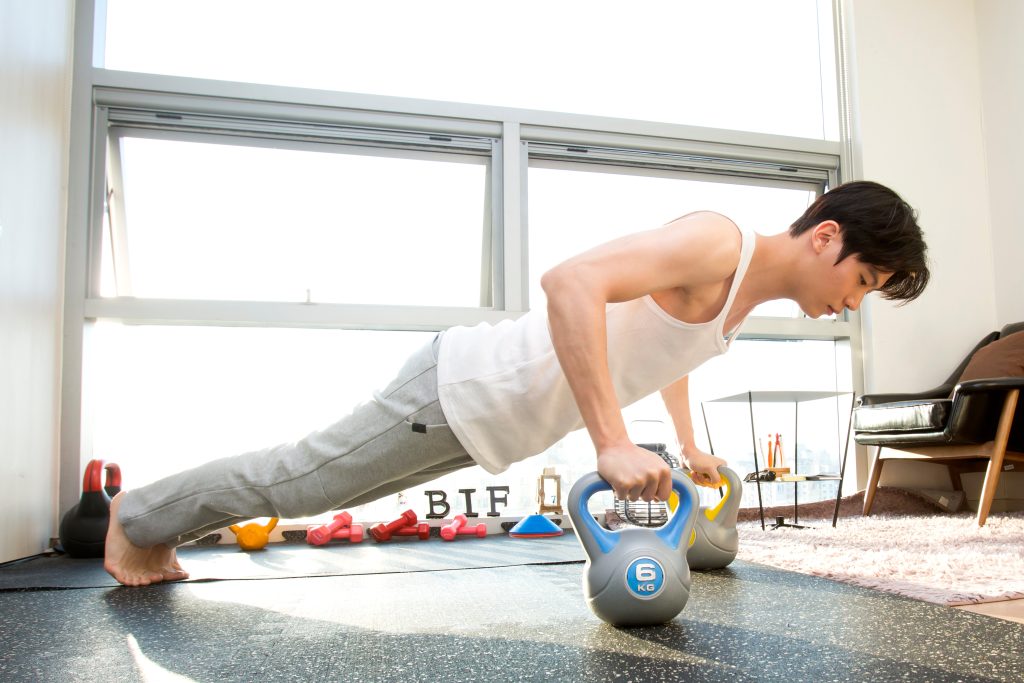
3. Hair washing and scalp care
Reasons to avoid it
The scalp after surgery is very sensitive and care must be taken when washing and caring for the hair. Strong stimulation may interfere with the survival of transplanted hair.
Taboos
Hair washing: Avoid washing your hair for a few days after surgery. You should follow your doctor’s instructions and be gentle when you start washing your hair again.
Use harsh shampoos: Avoid shampoos with harsh ingredients and use one recommended by your doctor.
Scrub your scalp: Avoid scrubbing your scalp too hard, and use your fingertips to gently wash your scalp.
4. Ultraviolet rays and direct sunlight
Reasons to avoid it
UV rays can damage your scalp and slow recovery. Exposure to direct sunlight increases the risk of inflammation at the transplant site.
Taboos
Avoid direct sunlight: Avoid direct sunlight for several weeks after surgery and protect your scalp by wearing a hat when going out.
Use sunscreen: Avoid applying sunscreen directly to the transplant site unless directed by your doctor.
5. Drinking and smoking
Reasons to avoid it
Alcohol and smoking can affect blood circulation and slow the recovery of the transplant site. Smoking, in particular, reduces the oxygen supply of the blood and can interfere with hair growth.
Taboos
Drinking: Avoid drinking alcohol for a few days after surgery. Alcohol thins the blood and increases the risk of bleeding.
Smoking: Smoking should be avoided for at least 1 month after surgery. Smoking worsens blood flow and inhibits the growth of transplanted hair.
6. Infection prevention
Reasons to avoid it
Infection is one of the complications of hair transplant surgery, and the risk of infection increases if proper care is not taken. Infection after surgery can interfere with the survival of transplanted hair and adversely affect surgical results.
Taboos
Keep your scalp clean: After surgery, keep your scalp clean and use antibiotics as directed by your doctor.
Avoid touching your scalp with dirty hands: Avoid touching your scalp without washing your hands. The risk of infection increases.
Swimming: Avoid swimming in pools or the ocean for one month after surgery. Bacteria in the water can cause infection.
7. Stress management
Reasons to avoid it
Stress can negatively impact your overall health and slow recovery. Stress management is an important part of post-surgery care.
Taboos
Excessive Stress: Relax and avoid excessive stress after surgery. Manage stress by incorporating relaxation techniques and light exercise.
in conclusion
Proper post-surgery care is essential for the success of hair transplant surgery. Avoiding direct pressure and friction, strenuous exercise, strong hair washing, UV rays, drinking and smoking, risk of infection, stress, etc. can increase the survival rate of transplanted hair and achieve the desired results. Follow your doctor’s instructions and take appropriate care. This will help you regain your natural look and restore your confidence.
Hiro Clinic Hair Transplant
At Hiro Clinic, we recommend Natural Pro FUE treatment, which treats hairless areas where oral treatment or injection therapy is not effective, and leaves almost no visible scars. By harvesting hair roots from the back of the head and shaving the area, post-surgery management is easier, and only the required number is transplanted with a natural-looking finish. It can be performed as a same-day surgery using local anesthesia, provides gradual hair growth at an affordable price, and can be safely performed in Japan.
